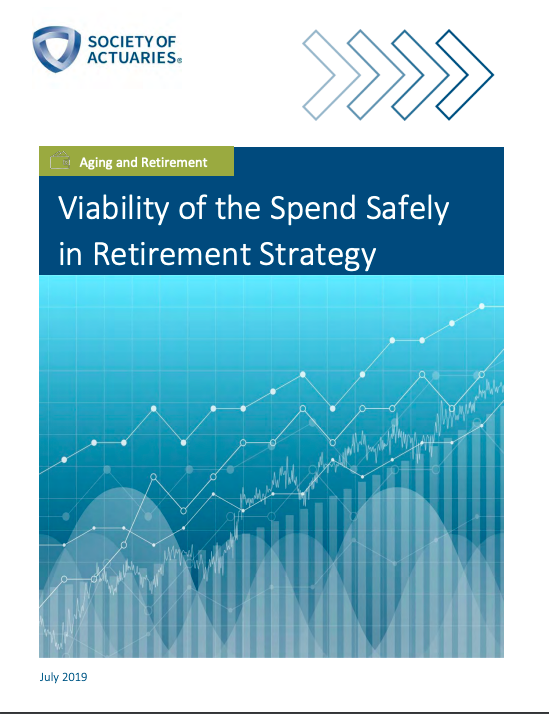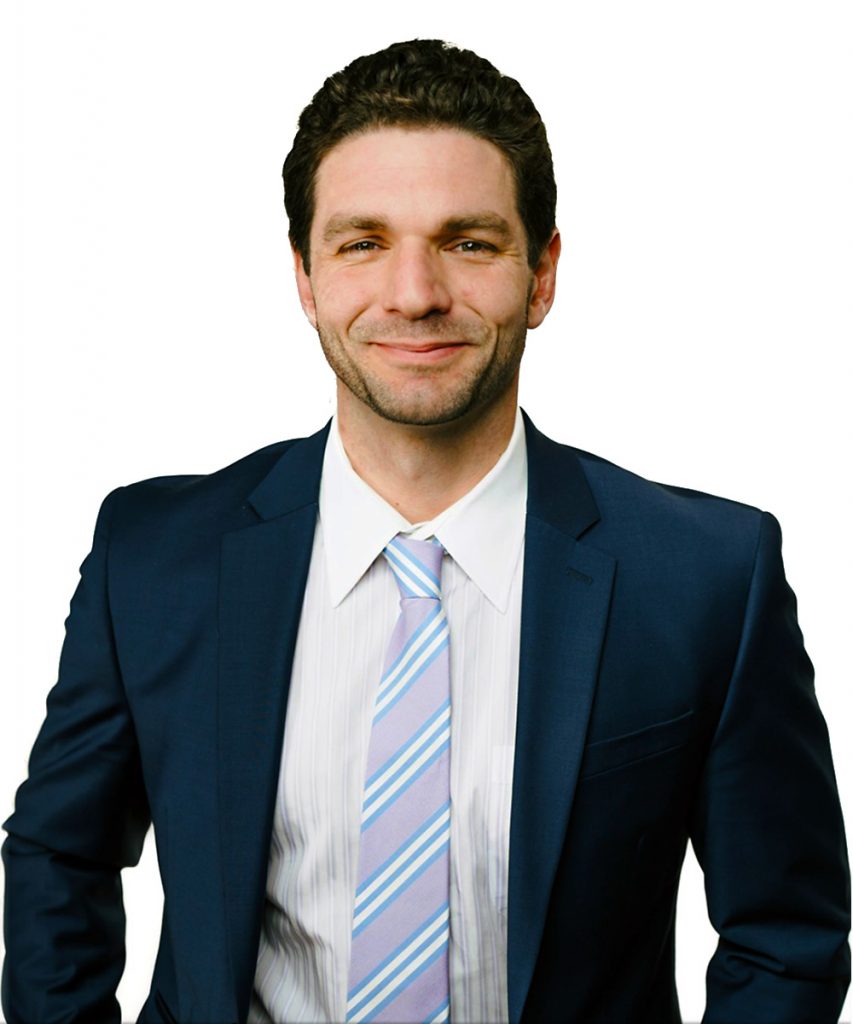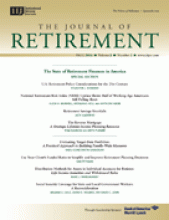Written by David F. Babbel
Published by Wharton Financial Institutions Center Policy Brief: Personal Finance
Her First Job at 66
Last December, I was attending a large sporting event in Philadelphia and sat next to an engaging couple. The woman had never worked outside the home, having been occupied with rearing eight children — a “his, hers and ours” type of situation. Her husband had been educated at one of America’s finest universities, had completed a very successful career, and then retired three years earlier from a well-paying profession. When the man and woman learned that I was a finance and insurance professor, the conversation turned quickly to financial matters.
They informed me that the defined benefit pension plan of the firm from which the man had retired had been discontinued and re-opened as a defined contribution 401(k) retirement savings plan. Under such plans, the investment risk is transferred from the employer and government entirely to the employees and retirees. This meant that instead of receiving a comfortable monthly income throughout the rest of their retirement, they received a lump sum of cash that they could elect to place in a menu of mutual funds, or withdraw all the cash, and use it however they desired. The man seemed to be quite concerned about their financial future, and suffered from several degenerative ailments. We discussed the treatment
options and prognosis, which were not hopeful.
If you are interested in the full article, download the article down below:









